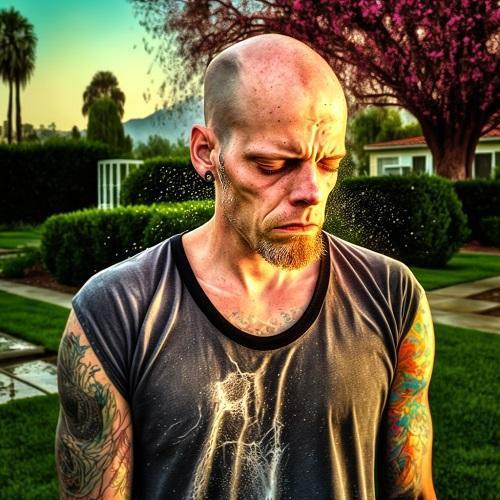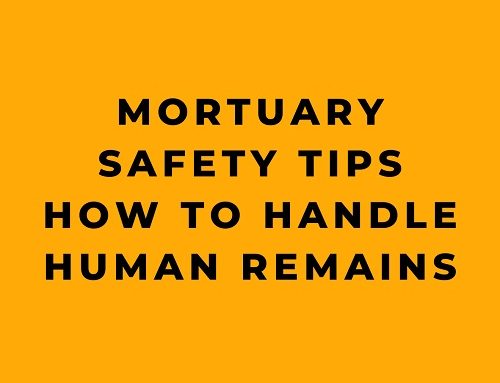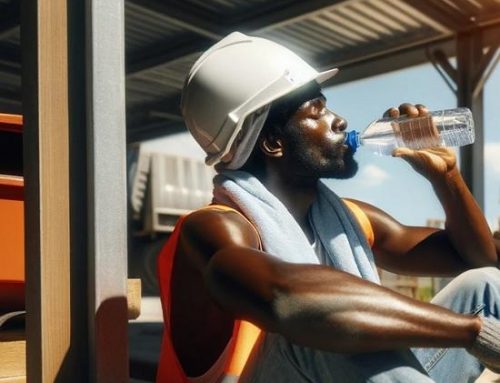I’ve got a story to tell you about the dangers of pushing yourself too hard in the summer heat. It’s a story about my neighbor, John. Now, John’s the kind of guy who’s always got a to-do list a mile long. And on one particularly hot summer day, he set his sights on finishing the last thing on that list: mowing his lawn.
Now, John’s a tough guy. He’s used to working hard and pushing through the pain. But on this day, the heat was just too much for him. He was sweating bullets and feeling lightheaded, but he kept pushing. He was determined to finish that lawn, come hell or high water. But before he knew it, John was on the ground, feeling like he was gonna pass out.
Turns out, John had suffered from heat exhaustion. His body was telling him to take a break, but he didn’t listen. And it almost cost him. Luckily, his wife was there to call for help and get him inside to cool off. But it was a close call, and it’s a reminder that we all need to listen to our bodies and take it easy in the summer heat. One of the most common heat-related illnesses is heat exhaustion. It is characterized by symptoms such as heavy sweating, weakness, headache, nausea, and dizziness. If left untreated, heat exhaustion can lead to heat stroke, which is a more serious condition that can be fatal. Heat stroke is characterized by symptoms such as high body temperature, confusion, unconsciousness, and seizures.
If you suspect that someone is suffering from heat exhaustion or heat stroke, it’s important to act quickly. Here’s what to do:
- Call 911 immediately.
- Move the victim to a cool place, such as a shaded area or an air-conditioned room.
- Remove unnecessary clothing.
- Immediately cool the victim, preferably by immersing up to the neck in cold water (with the help of a second rescuer).
- If immersion in cold water is not possible, place the victim in a cold shower or move to a cool area and cover as much of the body as possible with cold, wet towels.
- Keep cooling until body temperature drops to 101 degrees.
- Monitor the victim’s breathing and be ready to give CPR if needed.
Here’s what NOT to do:
- Force the victim to drink liquids.
- Apply rubbing alcohol to the skin.
- Allow victims to take pain relievers or salt tablets.
In order to avoid heat-related illnesses, it is important to take the necessary precautions. Here are some tips on how to stay safe during the summer:
- Air conditioning is the best way to cool off.
- Drink fluids, even if you don’t feel thirsty, and avoid alcohol.
- Wear loose, lightweight clothing and a hat.
- Replace salt lost from sweating by drinking fruit juice or sports drinks.
- Avoid spending time outdoors during the hottest part of the day, from 11 a.m. to 3 p.m.
- Wear sunscreen; sunburn affects the body’s ability to cool itself.
- Pace yourself when you run or otherwise exert your body.
Summer is here and with it comes the heat. While many of us enjoy the warm weather, it’s important to be aware of the dangers that come with it. Every year, thousands of people are affected by heat-related illnesses and deaths. In order to keep yourself and your loved ones safe during the summer, it’s important to understand the risks and take the necessary precautions. By following the tips outlined in this article, you can help prevent heat-related illnesses and stay safe during the hot summer months.










